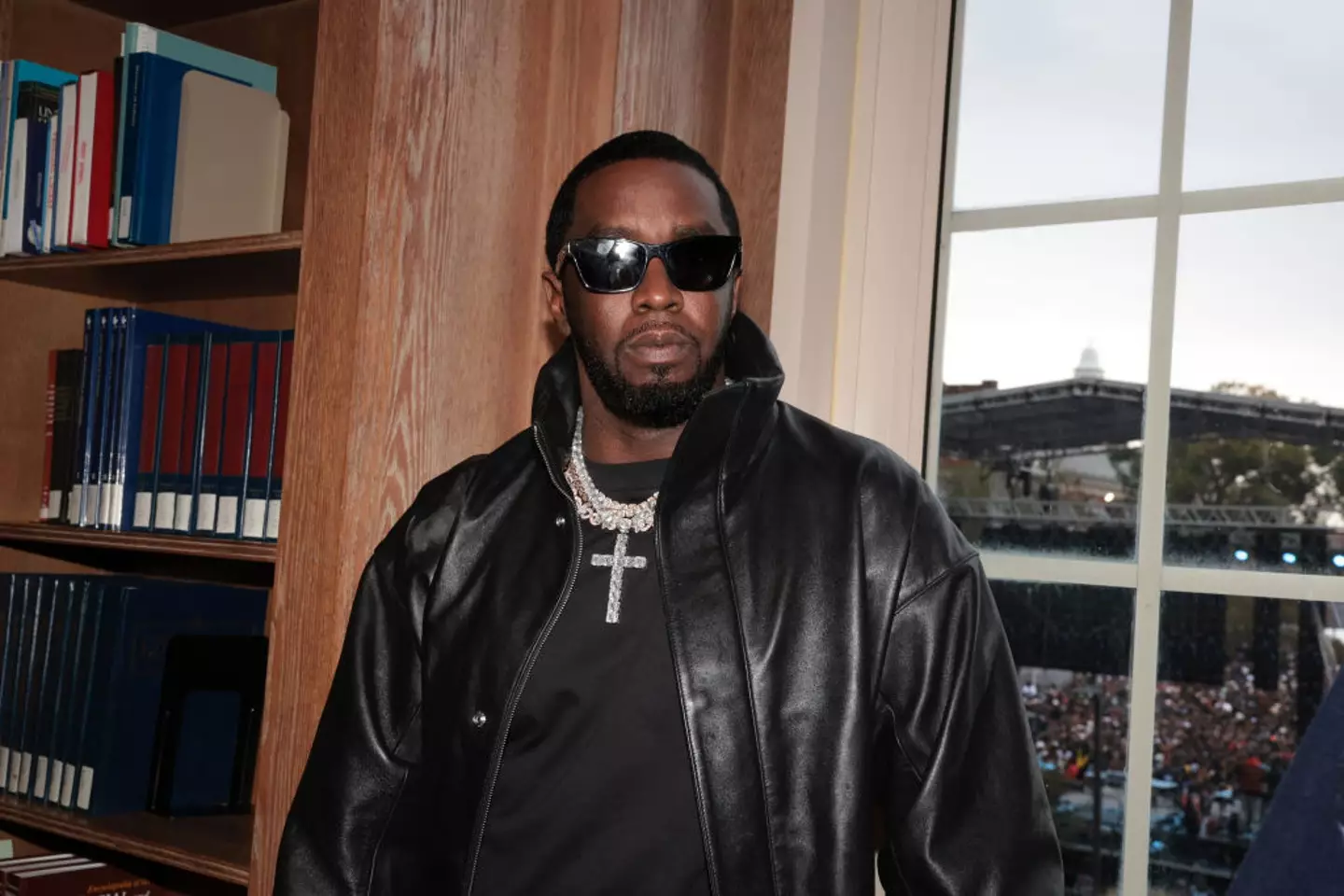
Disgraced music mogul Sean 'Diddy' Combs has issued a new demand from prison via his representatives as he awaits trial.
Combs, 55, has been charged with sex trafficking, racketeering and transportation to engage in prostitution and is currently scheduled to face trial in May 2025.
The musician has since denied all of the charges brought against him and pleaded not guilty to the three felony charges.
He has also made four applications to be released on bail, the most recent of which was in late November, but they have all been denied, according to ABC 7.
Advert
Combs is likely to remain in federal custody until his trial next year and has now made a new demand through his representatives regarding his access to screen time.

According to a report from Deadline, Combs made a complaint to a federal judge on yesterday (4 December) regarding not being allowed a laptop in his cell.
"We write on behalf of Mr. Combs to request that the Court direct the Metropolitan Detention Centre (MDC) to provide Mr. Combs with the laptop prepared for him by the government, and allow him to use that laptop on his unit, consistent with the way other inmates on his unit are permitted to use their laptops," reads a letter submitted to District Court Judge Arun Subramanian by defence lawyer Marc Agnifilo, who is currently representing Combs.
The letter continued: "Two months after he was charged and detained, on November 25, 2024, the government provided the MDC with a laptop that Mr. Combs can use to review discovery, take notes related to his case, and otherwise assist in his defence.
Advert
"In the nine days since then, Mr. Combs has still not been provided with the laptop despite numerous inquiries by defence counsel."

The District Attorney's office is yet to respond to the letter, however, Agnifilo has noted in the letter that the government intends to file a response.
Elsewhere in the letter, Combs' lawyer Agnifilo highlighted that the musician had been presented with a choice in how he could use his laptop, which is either 'unit’s video-teleconference room during select times when legal staff is available' or that he will only be provided with access to the laptop during 'legal visiting room between the hours of 8-3:30pm' but not both options.
"These restrictions are untenable and from what we understand, not required of any other inmate on Mr. Combs’ unit," Agnifilo's letter added.
Advert
"They significantly limit the time available for Mr. Combs to use the laptop and force Mr. Combs to choose between using the laptop and meeting with his attorneys."